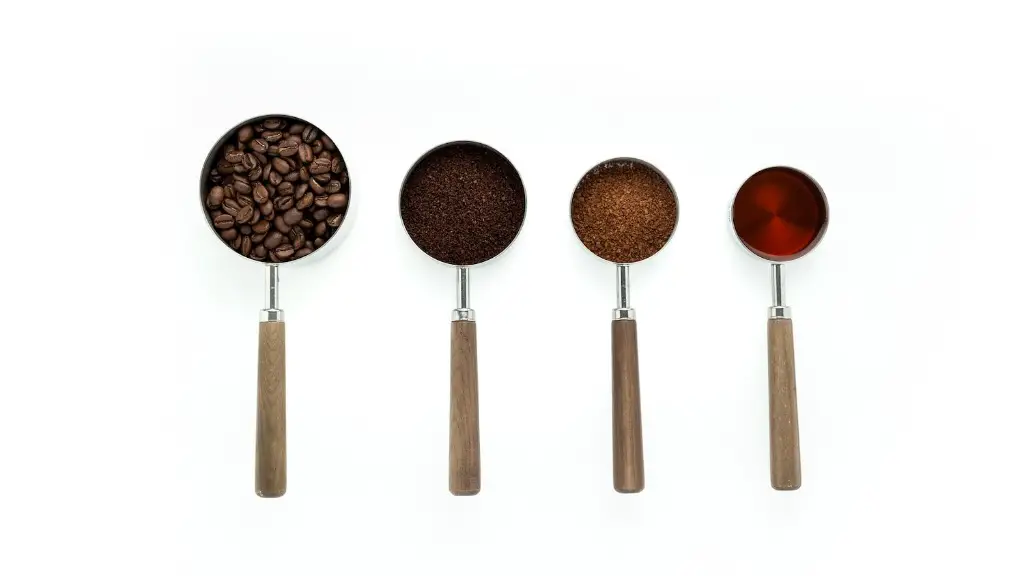Long-standing debates about whether or not people should or shouldn’t drink black coffee when it comes to blood sugar often leave us feeling disoriented. With conflicting information from varying sources, we can be left feeling uncertain of what is best for our health. What do the experts say? Can the consumption of black coffee lead to elevated blood sugar levels? Let’s explore.
When it comes to black coffee and its effect on blood glucose levels, one of the oldest beliefs is that drinking black coffee raises blood sugar levels. This belief has been perpetuated for many years, and a lot of people still swear by this association. Several studies have also been conducted over time to support this. One of 2016 studies that investigated the impacts of caffeine on blood glucose levels found that these levels increased significantly after drinking black coffee compared with a coffee that contains sucrose.
In general, coffee can lead to an elevation in blood sugar levels due to its caffeine content, which is known to have an effect on the body’s ability to process glucose. Caffeine works by increasing the activity of the hormone epinephrine, which makes it more difficult for the body to release insulin, which is responsible for regulating blood sugar levels. As a result, caffeine can lead to an increase in blood glucose levels.
However, expert opinions are mixed when it comes to the effects of drinking black coffee. Some experts believe that black coffee does indeed increase blood sugar levels, but it is usually minimal and does not lead to any health issues if consumed in moderation. Other experts argue that black coffee has actually been found to be beneficial for blood sugar regulation and has been associated with improved insulin sensitivity.
The truth is that the verdict is still out on whether or not drinking black coffee raises blood sugar levels. For those at risk of diabetes or other diseases, it is recommended to consult a doctor before drinking coffee and limit their consumption to a maximum of one to two cups per day.
Effects of Black Coffee on Overall Health
Apart from the effects it has on blood sugar levels, black coffee has been linked to other potential health benefits. To begin with, coffee is a good source of antioxidants, making it helpful in reducing oxidative damage. Antioxidants are essential for keeping cells healthy and helping to reduce inflammation. Coffee is also said to be beneficial for cognitive function and focus, and evidence also suggests that it might have positive effects on the brain and its protection against certain diseases.
Regular coffee consumption has also been associated with life extension due to the compounds found in it that aid in the reduction of chronic diseases. Additionally, it has been said to reduce the risk of some types of cancer due to its antioxidant content.
On the other hand, like many things in life, too much of a good thing can be harmful. Too much coffee can lead to anxiety, jitteriness, and difficulty sleeping, so moderation is key.
Conclusion
As we have seen, there is still no definitive answer as to whether or not drinking black coffee raises blood sugar levels. While some experts argue that it does, others believe it can be beneficial for blood sugar regulation and improved insulin sensitivity in the body.
In any case, coffee should be consumed in moderation no matter what its effects on blood sugar could be. After all, it has been linked to other health benefits, so it is worth considering, but in moderation.
Alternatives to Coffee
If you are looking for a healthy beverage alternative to coffee, there are plenty of options out there. Tea is a great option as it is naturally lower in caffeine than coffee, but it can still provide a similar energy boost. Additionally, green tea has been associated with an array of health benefits, such as boosting your metabolism and immune system, protecting against some forms of cancer, and helping to reduce blood sugar levels.
There are also some herbal teas, such as ginger and chamomile, that can help to relax and soothe the body, promoting better sleep and reducing anxiety. Turmeric is also an excellent alternative. It is known to boost the immune system and reduce inflammation while providing a host of other potential health benefits.
Coffee Alternatives – Possibilities
Apart from tea, there are numerous other beverages that can offer similar benefits to those of black coffee. Some of these options include chicory root coffee, which is naturally caffeine-free and contains naturally occurring antioxidants. If you are looking for a caffeine-free and sugar-free alternative to coffee, kombucha is a great option. It is a fermented tea drink that is full of beneficial probiotics and enzymes and is said to help boost immunity and aid digestion.
Hemp milk is another nut-free alternative to black coffee and is also a good source of protein and healthy fats. It can be used as a base for lattes, cappuccinos, and hot chocolates. Other options include dairy-free yogurts, dairy-free smoothies, and almond or oat milk, all of which can provide different tastes and nutritional benefits.
Other Health Concerns with Coffee
Apart from the potential to raise blood sugar levels, there are other potential health concerns when it comes to drinking coffee. Caffeine can be addictive and can lead to feelings of restlessness and irritability when it is not consumed in moderation. It can also lead to dehydration when consumed in large amounts, which can cause headaches and fatigue. Additionally, coffee can increase the risk of heartburn due to its acidity and can act as a diuretic, causing frequent urination.
It is also important to note that coffee can interact with certain medications, so it is important to check with your doctor before drinking coffee if you are taking certain medications. Additionally, for pregnant women, caffeine can increase the risk of low birth weight and other problems, so it is best to avoid coffee in these cases.
Black Coffee – Variants
There are numerous ways to enjoy coffee other than black coffee. There are coffee drinks with added creamers, syrups, and sugar that can make them more palatable and give them more flavor. Additionally, there are numerous coffee drinks that are less caffeine-heavy such as cold brews and decaffeinated coffees.
For those looking to get a greater health benefit from their coffee, there are also some nutrition-packed options, such as bulletproof coffee, which is made with grass-fed butter or ghee and MCT oil for increased energy and fat-burning. There are also some coffee substitutes made from natural herbs, such as dandelion root and chicory, which can provide a similar flavor and experience as coffee without the caffeine.
In short, there are numerous alternatives to black coffee that can provide the same kind of energy and flavor with the added benefit of being healthier. Whatever you choose, it is important to moderate your intake and remember that coffee should not be seen as a substitute for actual meals.




